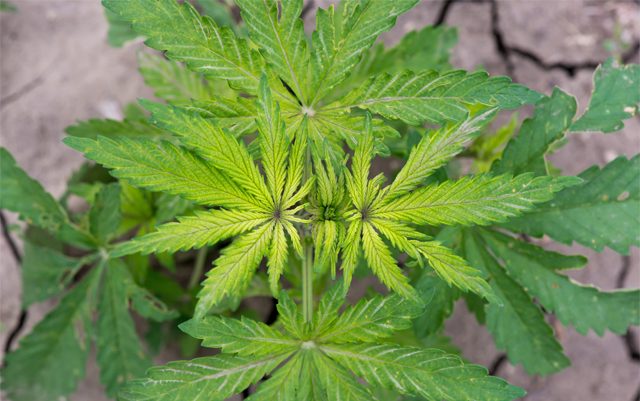There are a growing number of people the mainstream U.S. media are calling “marijuana refugees” moving from their home states to states where access to legal cannabis is easier than others – such as Colorado, Oregon and Washington. These people are typically either suffering from diseases and disorders or have direct children and other family that are. I had the pleasure to speak with one of these so-called “marijuana refugees”. Her name is Donna VanMeter and she suffers from severe epilepsy. She moved from Indiana to Oregon in order to have legal access to the one substance that combats her seizures better than any other she’s tried – medical cannabis.
Jason Sander: Thanks so much for taking some time to talk with me today, Donna. So you moved from Indiana to Oregon to legally treat your epilepsy with medical cannabis?
Donna VanMeter: Yes. I come from a state, Indiana that has no legal access to medical marijuana whatsoever, and for my health and well being, I needed to be in a state where I could access this plant medicine legally.
JS: Tell us a little bit about how medical marijuana helps with your epileptic seizures.
DV: I have been an epileptic for thirty years. None of the medications that doctors put my on helped my seizures in any way. In fact, many of these pharmaceutical pills made my seizures even worse. I’ve suffered through numerous broken bones and concussions as a result of my seizures. Back when they had me on all of these pills, I could have anywhere from 20-50 seizures in just one day. Now, with medical cannabis, I am virtually seizure free. Sometimes, bright lights and other intense things trigger me, but for the most part I no longer have seizures. I use a combination of cannabis oil and flowers.
JS: Wow. That is absolutely incredible news. What are some misconceptions that people might still have about medical cannabis and the industry in general?
DV: Well, outside of the idea that some people still hold that medical cannabis users just “want to get high’, I think the biggest thing some people miss is that there’s a lot of homelessness due to people moving to legal states like Colorado, Washington and Oregon with the hopes of a better life to treat their condition, or perhaps to look for work in the budding legal marijuana industry. In a perfect world, everyone would secure a place to live before they move out here. Unfortunately, reality is nothing like that.
JS: What about some of the unique cultural differences you’ve in various townships and counties in legal states?
DV: Some people might not understand how difficult it can be to obtain a medical card if you are on a fixed income. For this reason, many would-be medical users have to buy on the rec side, because they can’t afford a doctor visit and the fee for a medical card. Also, it’s a lot to take in when you move to another state and have to learn about which county, which town, you can go to in order to have access to a dispensary. The whole process can be overwhelming.
JS: My final question is, what else do you want our readers to know about medical cannabis “refugees”?
DV: If you know someone suffering from a disease that would benefit from moving to a legal state, do it and encourage him or her to do so. Despite the many challenges, it is definitely worth it, especially if you have children. My quality of life now is light-years beyond what it was before.
JS: This has been an amazing conversation, Donna, and I thank you so much for allowing us to have it.
If you know anyone who is still on the fence about cannabis medicine, please share this article. If you, or if you know anyone who is suffering from a debilitating disease that has improved his or her quality of life with cannabis, we would love to hear from you. Thanks for reading.







I am helping Donna spread the word about her cause. She is a medical cannabis refugee that had to move from oppressive Indiana laws. Can you please share her Facebook and share her https://www.gofundme.com/hemphillheals
Anything that can help her get this done
What would be helpful to myself, and possibly others, is knowing the amount of cannabis which was found to be the average needed for the interviewee to find relief. As an example I have found on average I require 1/20 of a brownie, twice a day. The brownie is supposed to contain 1000mg THC & 20mg of CBD.
My seizures have been under control for years with prescription medicine, I can’t imagine what it would be like if it didn’t work. I am happy though that Donna has found help with her seizures through the use of cannabis, even though unfortunately she had to move in order to find relief. Thank you for sharing.